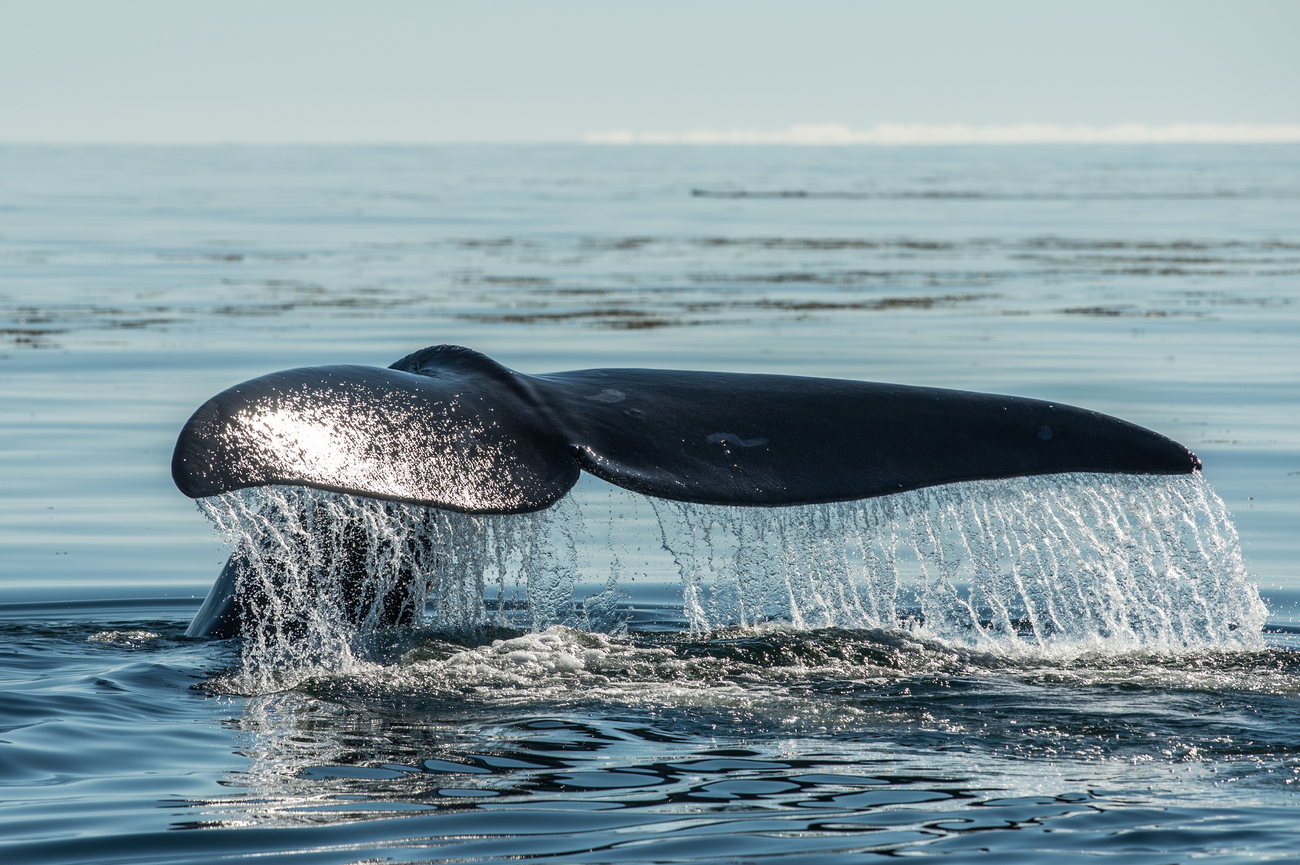saving marine life through stewardship of our coasts
saving marine life through stewardship of our coasts

In case you missed it - and let’s face it, with everything going on in the world, chances are most of us did! - September was International Coastal Cleanup Month.
Sadly, most of us have now seen the grim images of disposable masks and gloves littering our beaches and waterways, a glut of single-use plastic waste resulting from the coronavirus pandemic. But the threat of plastic pollution to marine wildlife and human health goes beyond unsightly litter on our shorelines. Ingestion, entanglement, and ‘ghost fishing’ are but a few of the ways plastics can harm our oceans, and the wildlife and humans who depend on them.
Over 90% of surface water marine plastics are known as ‘microplastics”, made of particles less than 5mm in size. These small plastics contain contaminants and may be consumed by a wide range of species in ocean food webs, from whales to whelks. The accumulation of toxic chemicals can be transferred up the food chain, and may ultimately have a negative impact on human health – particularly in rural, Indigeous, and low-income communities that rely on wild foods.
Issues impacting the health of our ocean and marine life
Entanglement occurs when wildlife such as marine mammals, seabirds, or turtles become trapped in plastic. Vulnerable to infections and unable to move freely, hunt for food, or avoid predators, thee animals suffer greatly. Ultimately, many will die from their injuries, starvation, or exhaustion.
"Ghost gear" is the name given to lost, abandoned, or discarded fishing gear that remains in our oceans, travelling on the currents and trapping everything in its path. Ghost gear causes significant financial losses to fisheries, damages vessels, and kills millions of fish, seals, whales, turtles, and other marine life as they drift through the ocean.
Plastic marine pollution is a global problem, and IFAW is committed to solving this problem and addressing the harms caused to individual animals.
Coastal cleanups are one part of the solution, and an important one. Larger plastics will eventually fragment into smaller pieces and spread across the globe, posing different environmental threats to wildlife and habitats. As an example, plastic waste originating in Newfoundland and Labrador, Canada has been found on shorelines in the UK, France, Ireland, Portugal and Spain.
Working with the Clean Harbours Initiative
IFAW is pleased to support the efforts of Clean Harbours Initiative in Newfoundland, Canada. Founder Shawn Bath is a former sea urchin diver, who now devotes his life to cleaning harbours of plastic debris, ghost gear, and other waste that often accumulates at wharfs. By incentivizing and supporting activities to reduce, remove, and repurpose marine plastic debris, governments such as Canada can create a healthy ocean economy and create opportunities for fishers and coastal communities while advancing conservation objectives.
Our work safeguarding marine animals
We also recognize the need to address the source of plastics, and find ways to reduce their introduction into the ocean environment. Our campaign to save the critically endangered North Atlantic right whale is actively pursuing a transition to ropeless fishing gear in North American crab and lobster fisheries. With fewer than 400 of these magnificent creatures remaining, we simply cannot afford any more whale deaths from entanglement in ropes.
IFAW also works to rescue, rehabilitate, and release marine mammals trapped in fishing nets and other sources of marine plastic. We know that the lives of individual animals matter in conservation, even during a pandemic.
From advocating for stronger policy measures, to investing in technological solutions, to rescuing marine mammals in distress -IFAW is working to solve the problem of ocean plastic, and build viable solutions in vulnerable communities that will create safer, cleaner, healthier oceans for us all.
Related content
Our work can’t get done without you. Please give what you can to help animals thrive.